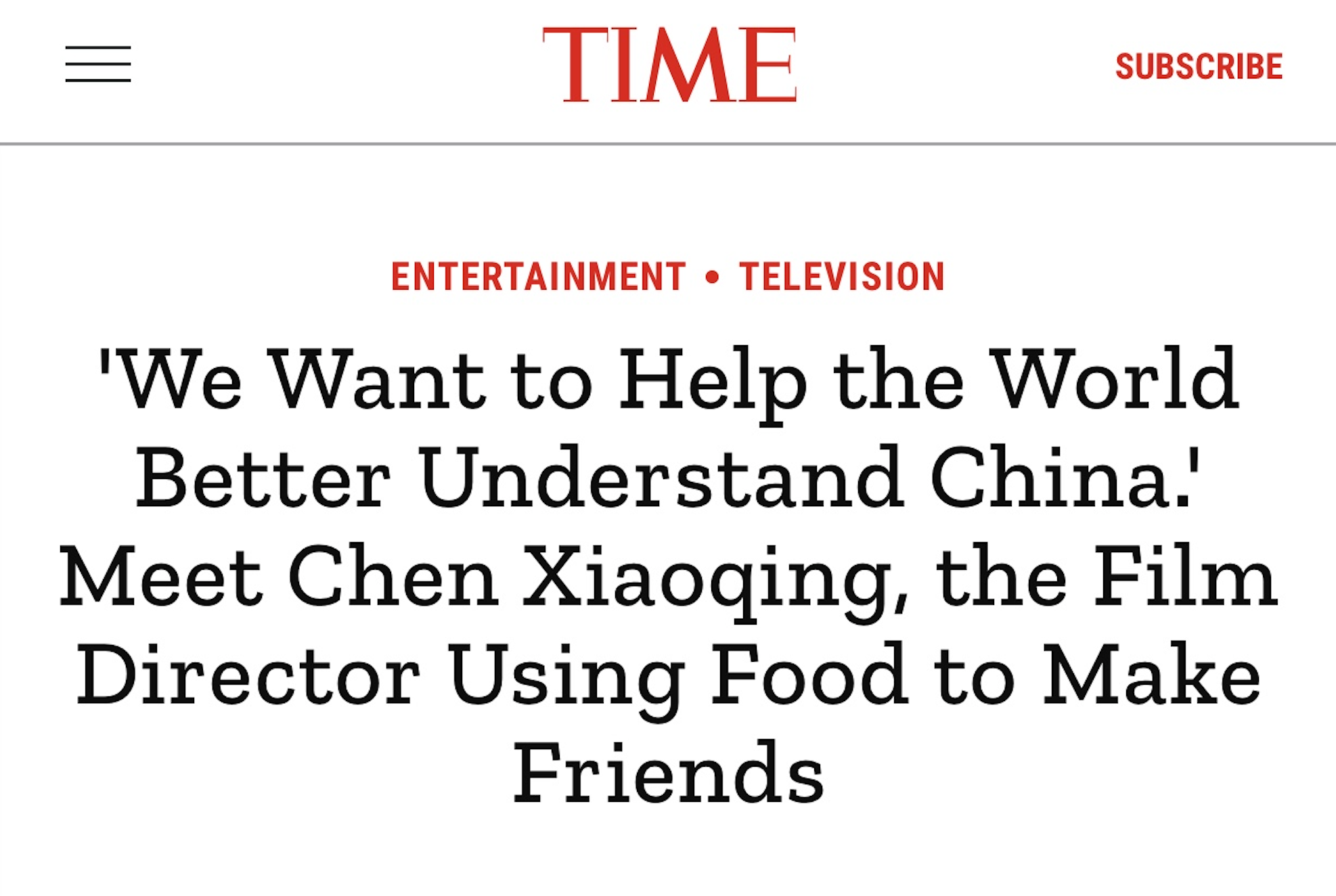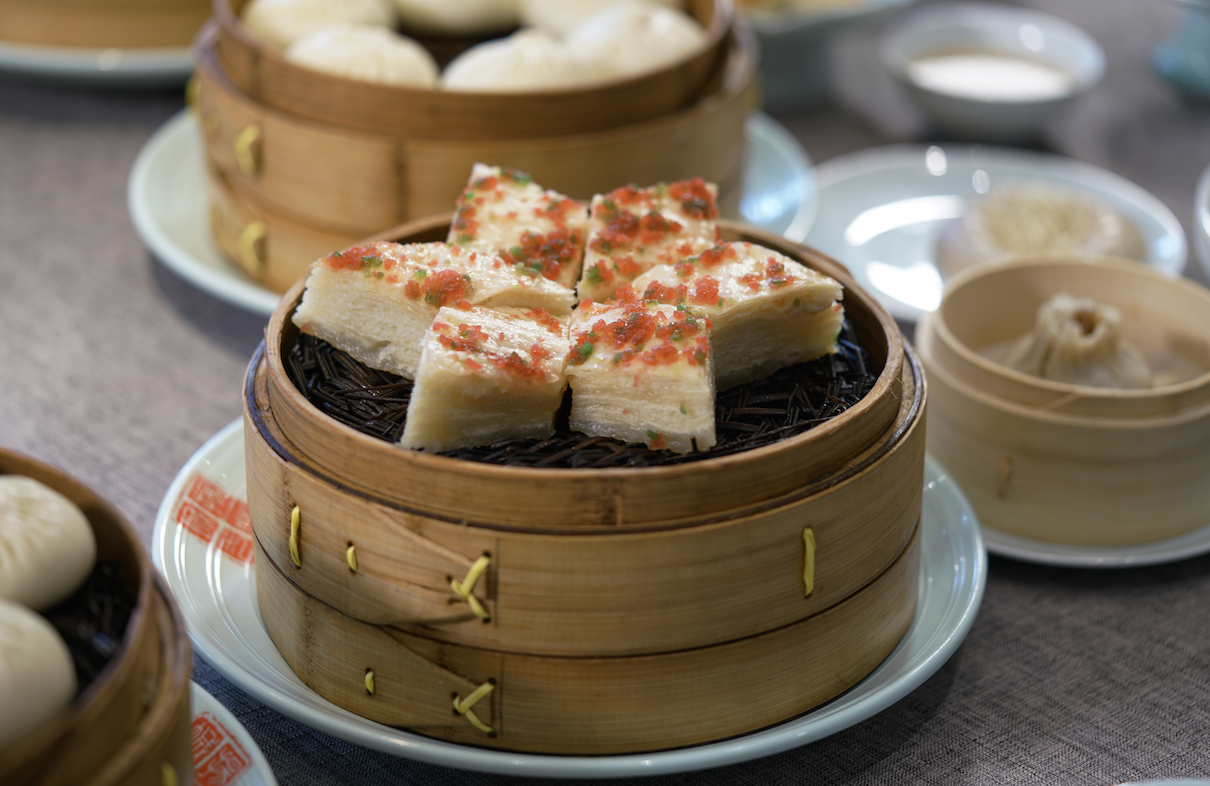來(lái)源:稻來(lái)傳媒 發布時(shí)間(jiān):2021-03-26 浏覽次數(shù):453


The humblest food becomes wondrously photogenic in the films of Chen Xiaoqing, creator of the hit Netflix series Flavorful Origins and its progenitor Once Upon a Bite. Dumplings are crafted on timber boards amid billows of flour. Steam shrouds mottled crabs, cooking with ginger and chili in in tall stacks of wicker baskets. Fishermen wade into crashing surf on wooden stilts to snare sardines with A-frame nets. There are aerial shots of emerald rice terraces, time-lapse sequences of drying bricks of tea, and mortar- eye views of pestle-pounded spices.
There's not a fast-food restaurant or production line in sight in this romanticized glimpse of a homespun culinary culture sadly threatened by industrial kitchens, agribusiness and progress.
"Our food must be delicious, beautiful, with a legacy and connection to local culture and geography, "Chen tells TIME in his Beijing office. "For the people, they must really love the food, put in their labor and have deep connection with it."
Chen, 55, originally from China's eastern Anhui province, has charged himself with keeping many of his homeland's food traditions alive. Over the past three decades, the world's most populous nation has become the world's number two economy and home to the planet's largest middle class. In the rush to sate 1.4 billion bellies, corners were cut and standards plummeted, leading to a slew of food safety scandals. Today, though, the impetus has shifted from quantity toward quality natural produce. "People are leaning towards healthier options, not just vegetables, but wanting to know their food is processed with care, "says Shanghai-based food blogger Rachel Gouk.
It's a trend epitomized by the critically acclaimed Flavorful Origins, a series of short films and the first original Chinese documentary to be bought by Netflix. Chefs chosen for inclusion in Chen's work can see demand for signature dishes soar hundred-fold overnight. The first series spotlighted the coastal cuisine of Guangdong's Chaoshan region, with the second focusing on the fresh,

* In this still taken from Season 2 of the series Once Upon Bite, which debuted on Apr. 26, 2020, a dish known as multiple-layer oil cake is seen on a table in Yangzhou, China. DOClabs Beijing
Chinese food in the U.S.
The U.S. love affair with Chinese cuisine is long and complex. In fact, one of the most American staples, ketchup, is actually Chinese in origin. The name ketchup derives from the Hokkien Chinese ke-tsiap, referring to a fermented fish- based sauce that became popular with colonial Britons as far back as the 18th century.
For Chen, however, there are more commonalities than differences. He points out that around 10,000 years ago people across the world began cultivating wheat. In the West, they used it to bake bread; in the East, they steamed buns. People may focus on the difference between East and West as being like fire or water, "says Chen. "But in terms of food -bread or buns-it's not that drastic."
Chen says he is "very concerned"about the protection of wildlife, never features endangered creatures in his programs and even puts health disclaimers on scenes that feature